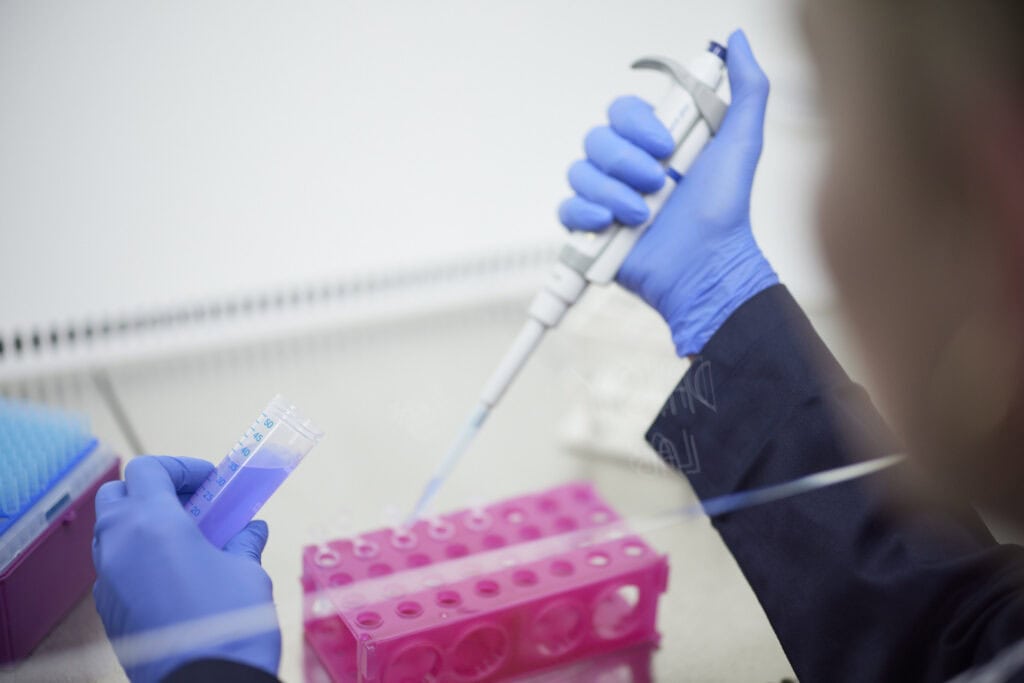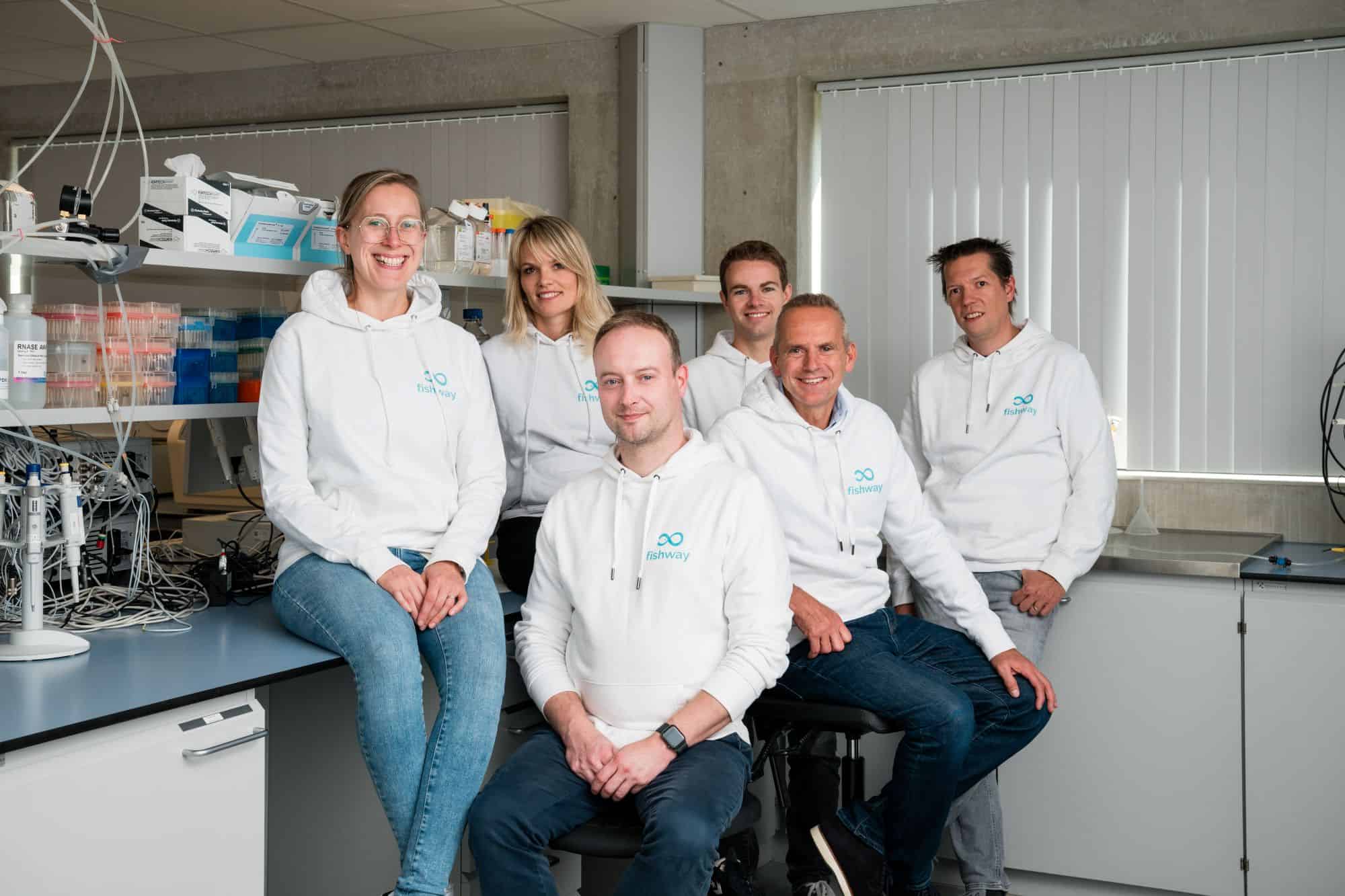New Zealand-based precision fermentation company Daisy Lab has announced a major milestone in its work to produce bovine lactoferrin.
After just over a year of research, Daisy Lab says it can now produce multiple grams per litre of bovine lactoferrin in a yeast host. This reportedly opens the door to the commercial-scale production of bioidentical lactoferrin for applications such as infant formula, functional foods, supplements, and nutraceuticals.
Lactoferrin is described as a rare, bioactive protein with antimicrobial, anti-inflammatory, and immune-boosting properties. In cow’s milk, it occurs naturally at concentrations as low as 0.02–0.2 grams per litre, but Daisy Lab’s technology allows for much higher yields.
As a result, precision fermentation-derived lactoferrin could offer a more sustainable, consistent, and abundant supply of the ingredient, with no compromise on its nutritional or bioactive benefits.

“Real confidence”
Founded in 2021, Daisy Lab uses microbes to produce proteins molecularly identical to those found in cow’s milk. The company completed its seed round in 2023, then began focusing on whey proteins.
At the beginning of last year, Daisy Lab announced a scaling milestone after successfully manufacturing animal-identical whey proteins in 10 L fermenters. The company also said it had established a complete production process to create a whey protein powder.
In May 2024, Daisy Lab revealed that the Environmental Protection Authority (EPA) had approved the expansion of its dairy protein platform to 5,000 L. The company said this would mark another significant milestone in scaling and commercializing its technology, enabling it to construct a pilot facility.
“This achievement can mean a huge breakthrough for the New Zealand food-tech sector,” said Irina Miller, co-founder and CEO of Daisy Lab. “We’re not only matching but far exceeding cows’ limits in producing this valuable protein. We are still in development, but this gives us real confidence in the path to scaling, with better unit economics and a more sustainable approach compared to traditional methods.”




